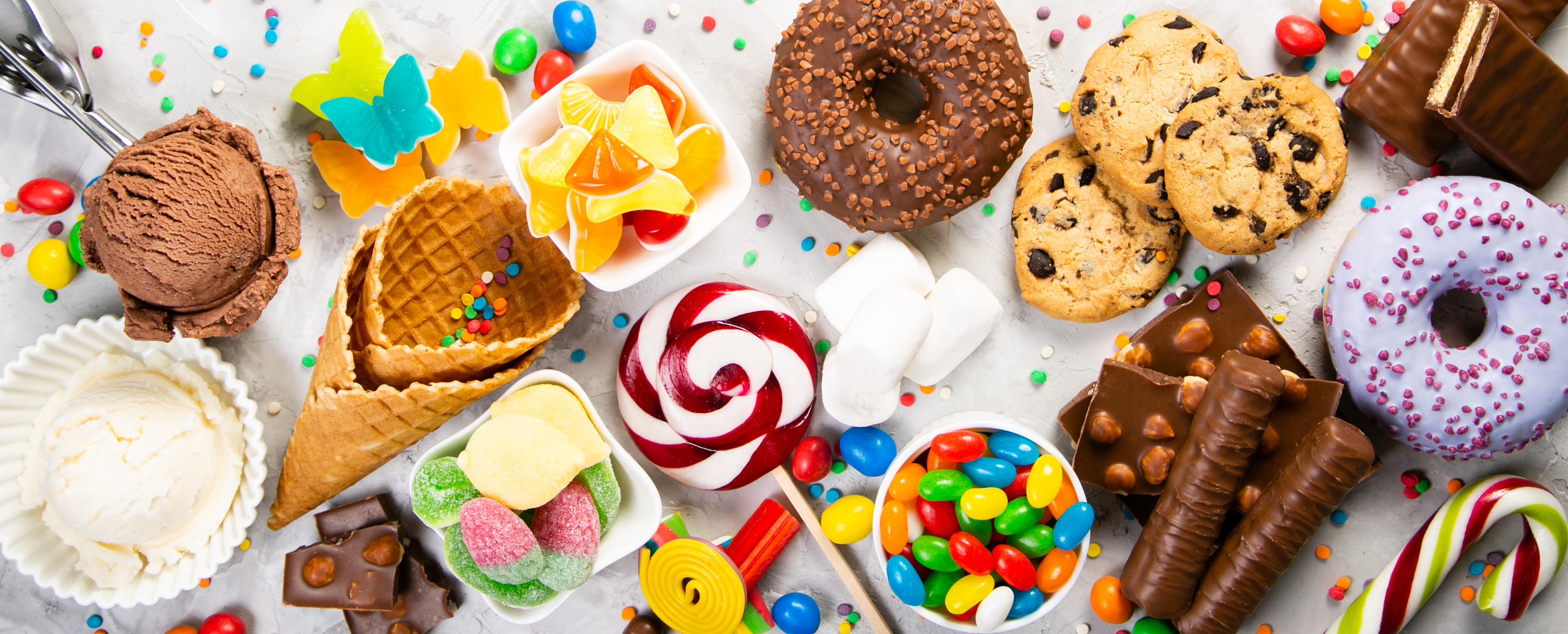
Episode Transcript
Interviewer: Dr. Juan Gallegos, he's a liver expert at the University of Utah Hospital. I'm hoping you can help clarify something that I've heard, I don't know if this is true or not, but I've heard that if you eat an excess of sugar your liver can't process it properly and it just turns it immediately into fat. So if I'm eating a tub of ice cream every night, I'm going to get a lot fatter because of that, is that true?
How the Liver Processes Excessive Sugar
Dr. Juan Gallegos: That is partly true because we know there's a very close interplay between the liver, which is the chemical factory of our bodies, with the pancreas, which is the main regulator of your blood sugar, and with the fat cells or adipocytes, which are also a big endocrine organ. So that interplay has to do with changes in your blood sugar, the things that you eat, and trying to control the blood sugar back to normal levels, and it also has to do with making cholesterol, making triglycerides, which are fat molecules that store energy. So yes, if you eat too much sugar or too much carbohydrates, basically, all this energy has to be stored somehow and normally that storage is inside the fat cells or fat droplets, and those can accumulate also inside the liver, and cause what we call fatty liver disease.
The Pancreas and Its Response to Elevated Blood Sugar
Interviewer: So what exactly is happening? I eat a whole bunch of sugar, it goes into my body, goes into my stomach, gets ingested by my system, and then what?
Dr. Juan Gallegos: Then it goes into your bloodstream and then the bloodstream, when your pancreas senses that there are very high blood sugar levels, then it will secrete something called insulin, and that insulin will make that sugar, that glucose go back into certain cells, especially liver cells, muscle cells, and other cells so that they can use that as energy. But that excess energy that you have, if it's not used then it has to be stored somehow.
Interviewer: Yeah.
Dr. Juan Gallegos: The way it's stored is basically in the fat cells or adipocytes, but also sometimes it's stored in other places where it shouldn't be.
Fatty Liver Disease: Causes and Consequences
Interviewer: What about the part of the thing that I heard, that the liver can't process it all, what does that mean exactly?
Dr. Juan Gallegos: It's not necessarily that it can't process it all, but the way, if you overcharge the system, then the processing of those things might be abnormal and that's part of the reason why people who have issues with their weight or have diabetes and high blood sugar can have something called fatty liver disease and that's because the fat starts accumulating inside the liver cells as they try to adapt to all this excess fat that's coming into the system, through your meal, but also through increased blood sugar that ultimately is transformed into fat deposits if it's not used elsewhere.
Interviewer: All right so you drink a 64 oz soda, you're getting an amount of sugar, how much food would you have to eat to get that kind of sugar?
Dr. Juan Gallegos: Well that would be a lot because in the past we did have availability of all this food readily available to us, so our bodies and our genes were adapted to struggle with being undernourished for most of the time. But yes, over the last several hundred years that has changed, and now it's very easy for us to obtain our food without having to chase after it.
Interviewer: Or specific elements like even sugar.
Dr. Juan Gallegos: Correct.
Interviewer: You know if you eat a lot of sugar, in a teaspoon, it would take you a lot of potatoes to get that amount of sugar.
Dr. Juan Gallegos: That is true.
updated: September 1, 2023
originally published: July 16, 2014